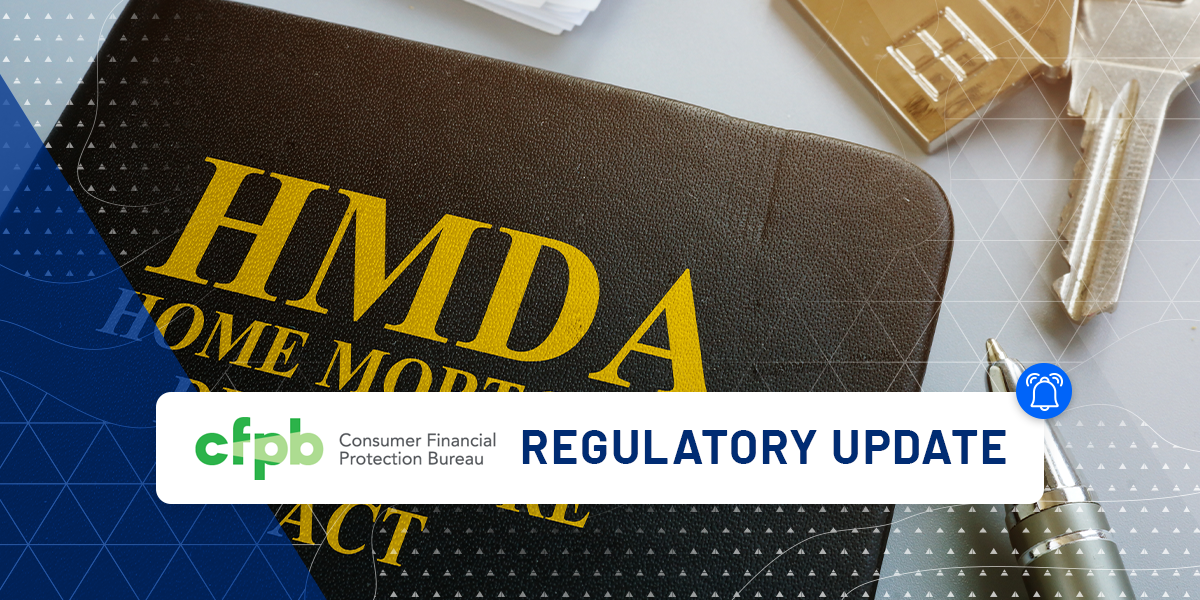Find out why a top-ten mortgage lender with a proprietary loan origination system (LOS) needed to convert from a legacy document platform.



On August 19, 2021, the CFPB issued a report on HMDA data collected in 2018, 2019, and 2020 that outlined several trends in residential mortgage originations. The report, called ‘Data Point: 2020 Mortgage Market Activity and Trends,’ is available here.
The report includes a comparison of the last three years of lender-reported HMDA data, with 2018 as the first year of the current, larger set of data points collected under revised HMDA requirements. Against a backdrop of falling rates from year to year (the median fixed rate for first-lien site-built home purchase loans was 4.75% in 2018, 4.125% in 2019, and 3.125% in 2020), total origination volume, driven by increased refinance volume, increased each year from the prior year.
One of the CFPB’s key findings was that the total number of reporting institutions declined almost 20% from 2019 to 2020, although much of that decline could be attributed to a higher reporting threshold for closed-end loans (minimum 25 loans a year over a two-year lookback period in 2018 became a minimum 100 loans a year for 2020). Home purchase loans dipped in early 2020, likely because of the pandemic, but increased significantly over 2019 in the latter half of 2020.
From a demographic standpoint, over the 2018-2020 period, Black and Hispanic borrowers continued to have lower median loan amounts and credit scores paid higher median interest rates and total loan costs and were more likely to be denied than non-Hispanic white and Asian borrowers. On the other hand, from 2019 to 2020, Black borrowers increased their share of closed-end home purchase loans, while Asian borrowers increased their share of refinance loans.
In this blog concerning legal and regulatory matters of interest to the mortgage industry, Sandler Law Group (SLG) provides general information and industry observations that are not motivated by or concerned with a particular past occurrence or event, or a specific existing legal problem of which SLG is aware. Nothing published herein is intended to constitute legal advice and the use of the newsletter by a reader shall not give rise to an attorney-client relationship with SLG. SLG expressly disclaims any representation of accuracy or reliability as to the content of this newsletter, as well as any obligation to maintain such content over time or to ensure it is free from errors. Brad Cope is the attorney responsible for the SLG content of this newsletter. The attorneys of SLG are not certified by the Texas Board of Legal Specialization.
Find out why a top-ten mortgage lender with a proprietary loan origination system (LOS) needed to convert from a legacy document platform.
Learn more about the Goals Module and its key monitoring and reporting features.
Learn about the changes of state consumer protection and the responsibility of financial services institutions to pursue operational excellence and a culture of compliance.